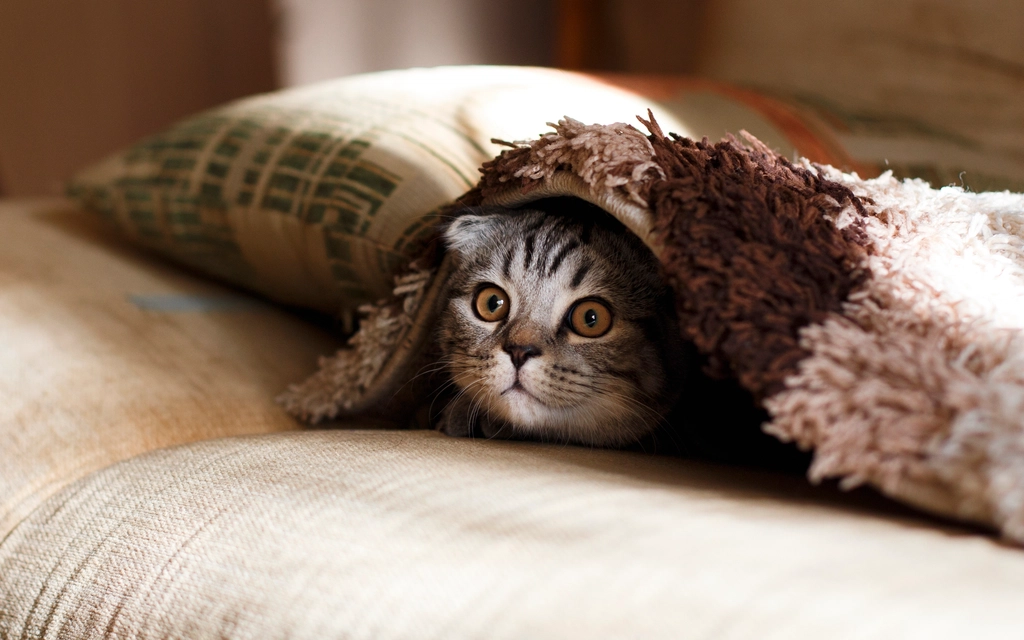Have you ever noticed your cat darting under the bed, tail puffed up like a bottle brush, and wondered, “What did I do?” Cats may look cool and collected, but beneath that fuzzy exterior, they’re sensitive souls. Every day, the little things we do—often without thinking—can send our beloved felines into a tailspin of anxiety. From loud voices to sudden changes, our habits shape their world in ways we might never have guessed. If you love your cat (and let’s be honest, you probably do if you’re reading this), it’s time to peek behind the curtain and discover the owner habits that might secretly be stressing them out.
Ignoring Their Need for Personal Space
Cats are famous for loving their alone time. Unlike dogs, who often crave constant attention, cats retreat to quiet corners and shadowy spots to recharge. When owners constantly pick up their cats or follow them around the house, it invades this sacred space. Imagine someone always wanting a hug when you just want to be left alone. Over time, this can make cats feel cornered or anxious, leading them to hide more often or even act out with hissing or scratching.
Respecting a cat’s boundaries is crucial for their happiness. If your cat scampers away, let them go. Allow them to approach you on their terms. Recognizing subtle signals—like a twitching tail or flattened ears—helps you know when your cat needs a break. Giving them space isn’t rejection; it’s a sign of love and respect for their feline nature.
Loud Noises and Sudden Movements
Cats experience the world with heightened senses. To them, a slammed door or a loud TV can feel like a mini earthquake. When owners shout, drop heavy items, or blast music, it’s not just background noise—it’s a thunderstorm in their living room. Even playful yelling can send your cat skittering under the sofa, heart pounding in their tiny chest.
Sudden movements, too, can make cats jumpy. Swinging arms, waving objects, or fast approaches may seem harmless to us, but to a cat, it’s like a predator is nearby. Keeping your home’s noise level low and moving gently around your cat helps build an environment where they feel safe. Imagine trying to nap while someone is running a jackhammer next to your bed—it’s no wonder cats need a little peace and quiet!
Constant Changes to Their Environment
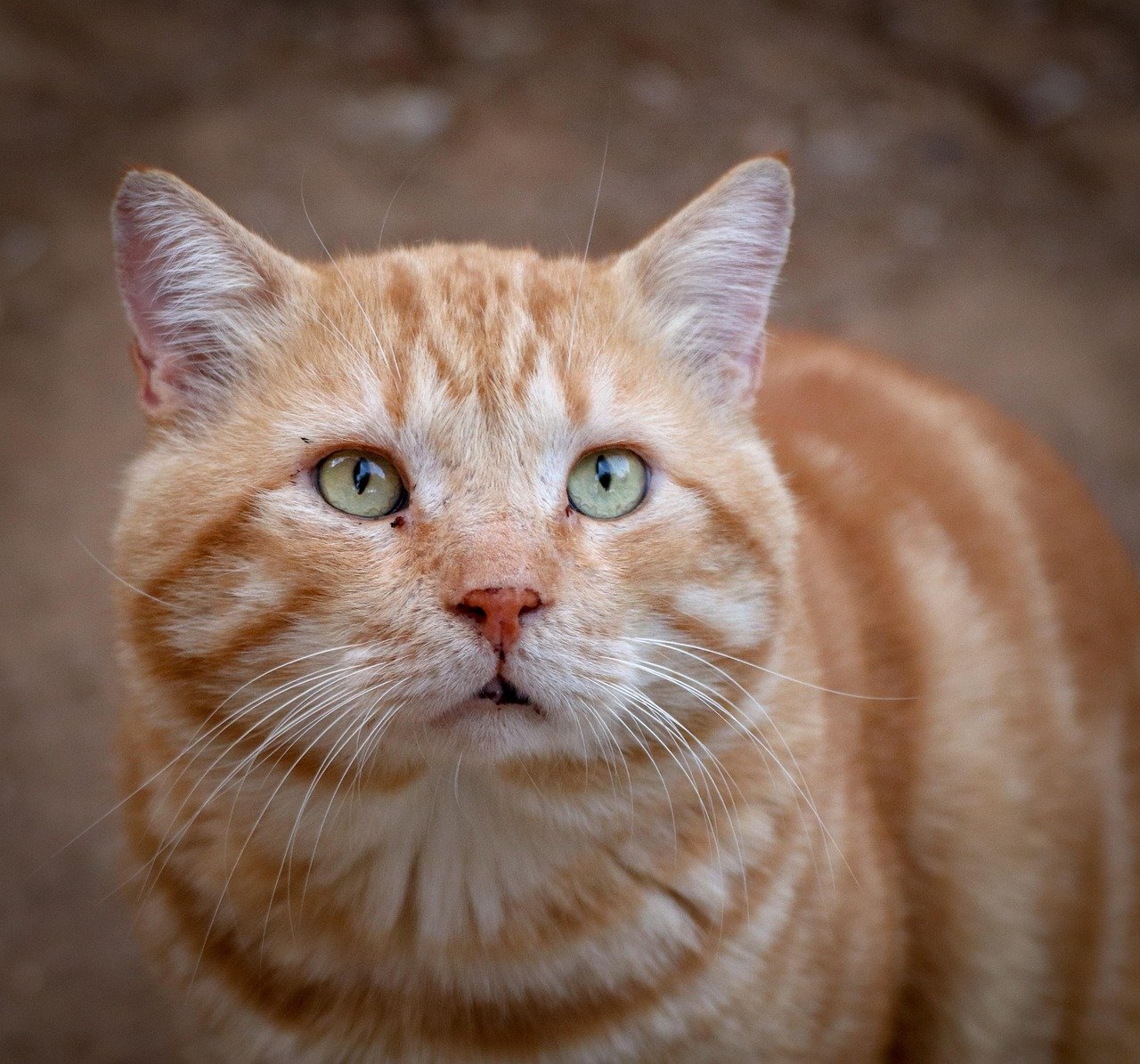
Stability is the cat’s best friend. Moving furniture, redecorating, or adding new scents and objects can be overwhelming for a creature that relies on routine. Cats map out their territory and memorize every nook and cranny. When that familiar landscape changes, they may feel lost or threatened, leading to stress behaviors like hiding, over-grooming, or even missing the litter box.
Introducing changes slowly can ease their anxiety. For example, if you need to rearrange a room, do it a little at a time and let your cat explore each change at their own pace. Bringing home a new pet? Give your cat a safe space of their own. Think of your cat as a little homebody who cherishes a predictable world—a sudden surprise party is rarely their idea of fun.
Unpredictable Routines
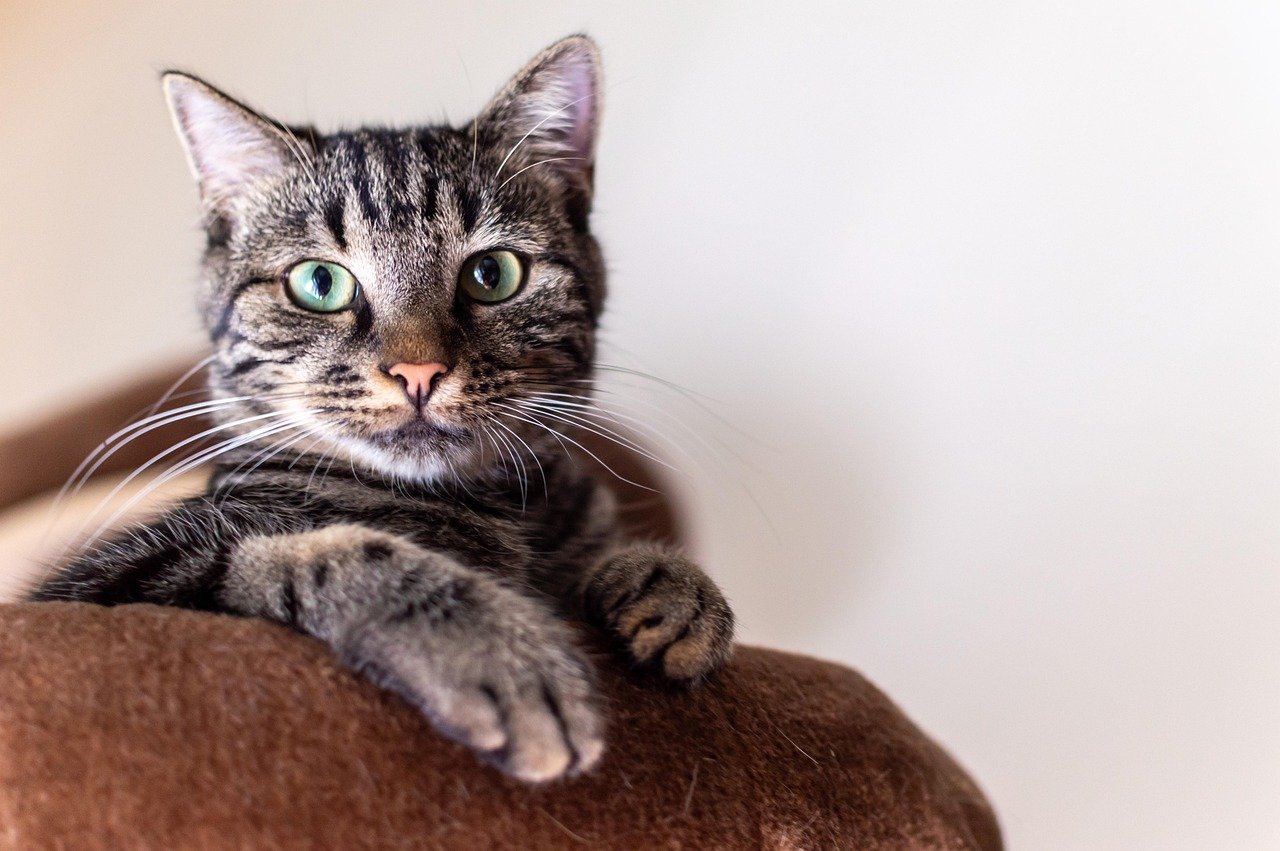
Cats are creatures of habit. They thrive when meals, playtime, and cuddles happen around the same time each day. When owners feed them at random hours or shift daily routines, cats can become anxious. It’s like living in a world where breakfast might be at sunrise or not show up until midnight—totally unpredictable and unsettling.
Keeping a steady routine reassures your cat that their needs will be met. Set regular times for feeding, cleaning the litter box, and play sessions. Even if life gets busy, try to keep the basics consistent. A predictable schedule helps your cat feel secure, turning your home into their safe haven instead of a source of confusion.
Forcing Unwanted Affection
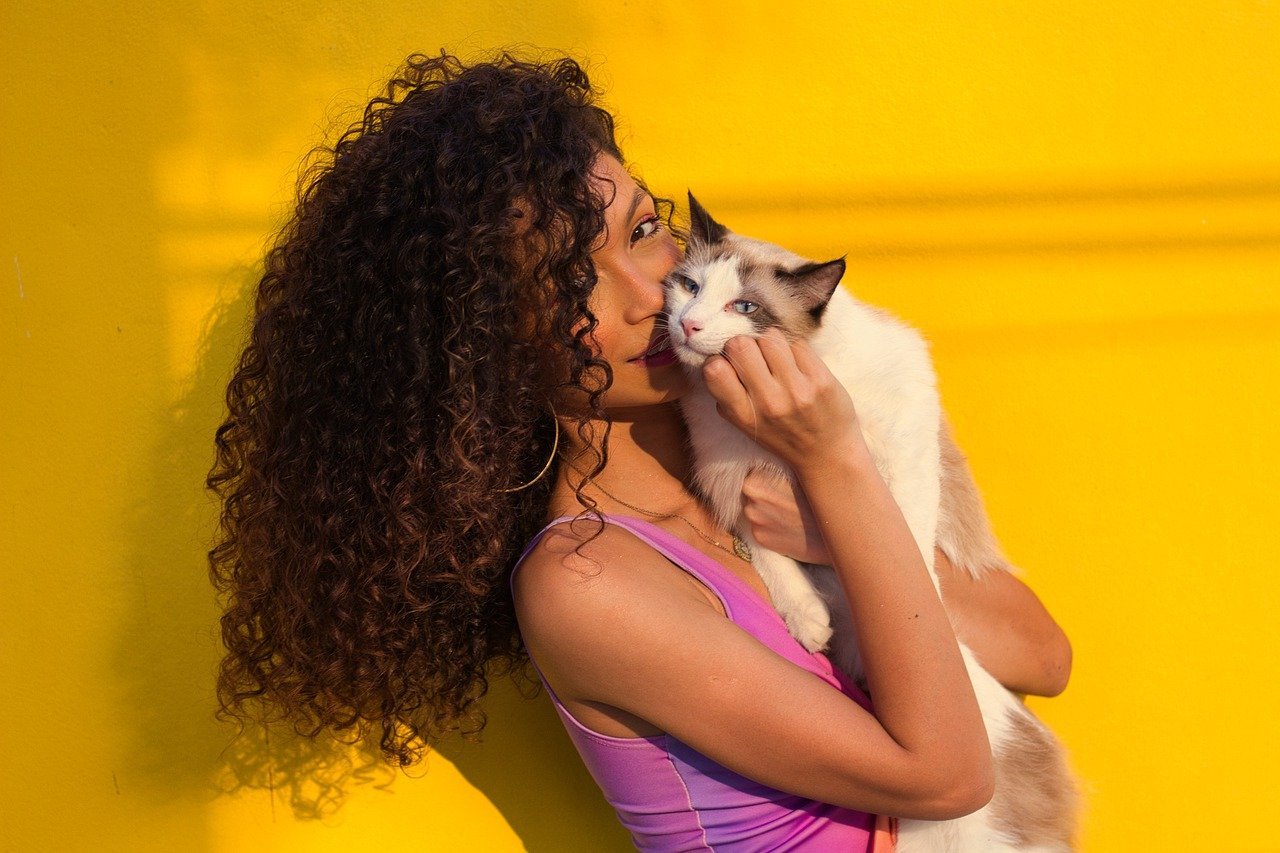
We all love to snuggle our cats, but some kitties just aren’t into it. When owners force hugs, kisses, or holding, it can quickly turn from affection to stress. Cats like to choose when and how they interact. Forcing physical contact can make them feel trapped and may even trigger defensive behavior like biting or scratching.
Watching your cat’s body language is key. If they squirm, flatten their ears, or flick their tail, it’s time to give them space. Let them come to you when they’re ready for love. Imagine someone squeezing you into a bear hug every time you walk by—it would get old fast! Respecting your cat’s boundaries builds trust and a deeper bond.
Neglecting Litter Box Cleanliness
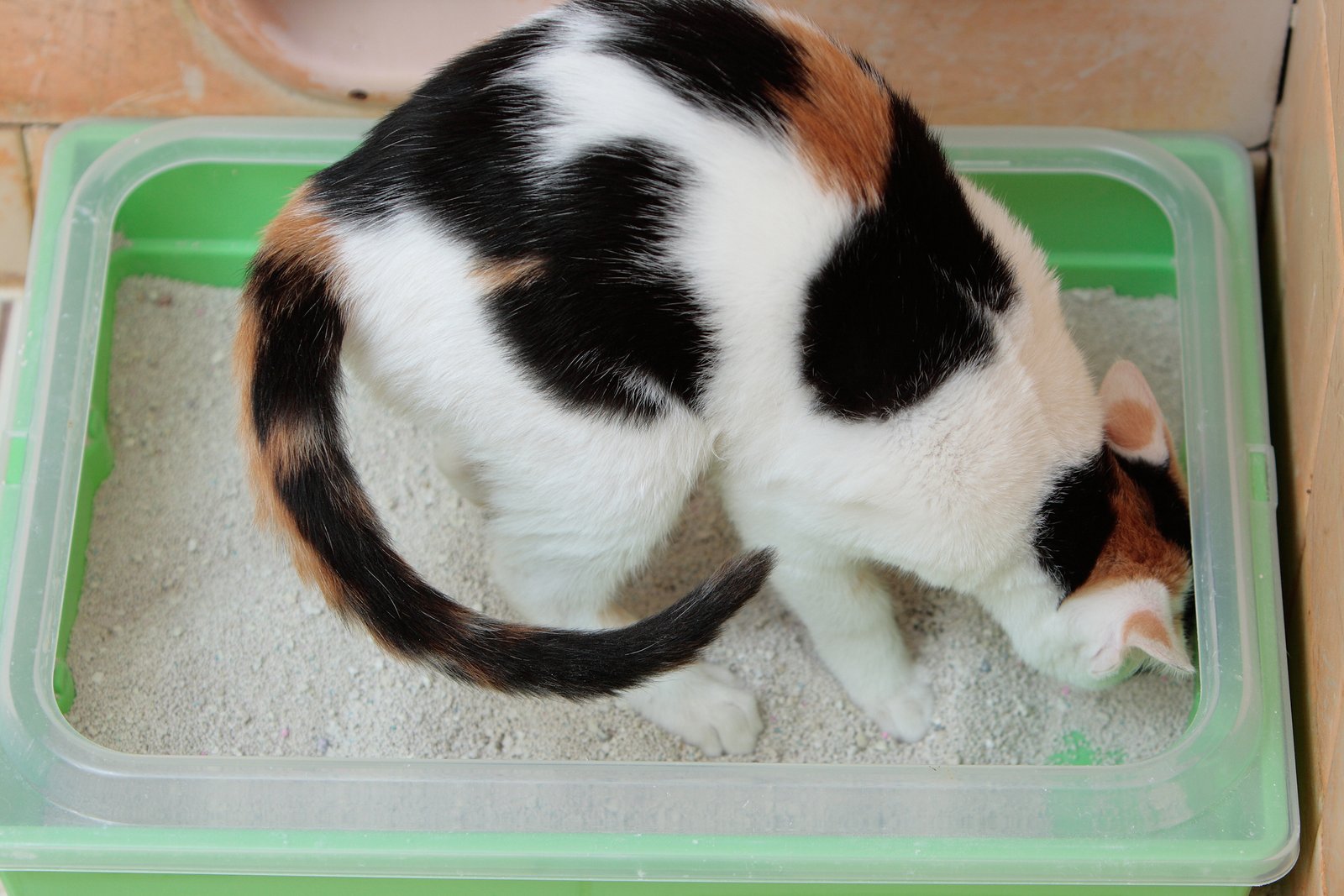
A dirty litter box is a major source of feline stress. Cats are clean creatures, and if their bathroom isn’t up to their standards, it can cause anxiety—or worse, lead them to do their business elsewhere. Owners who forget to scoop daily or fail to wash the box regularly might be unknowingly stressing out their furry friend.
Keeping the litter box clean is a simple way to make your cat feel comfortable and secure. Choose a quiet, accessible spot for the box, and avoid strong-smelling cleaners that can overwhelm sensitive feline noses. Think of it as your cat’s private restroom—would you want to use a dirty bathroom every day? Neither does your cat.
Overstimulation During Play
Playtime is crucial for a cat’s health, but too much excitement or rough handling can tip them from happy to stressed in seconds. Some owners use their hands as toys, which can lead to confusion and fear. Others might not notice when their cat has had enough, leading to swatting or biting.
Learn to recognize when your cat is overstimulated—dilated pupils, twitching tails, or sudden stops in play are clear signs. Use toys instead of hands and let your cat set the pace. Picture yourself at a party that goes from fun to overwhelming in a flash. Sometimes, less is more when it comes to play.
Ignoring Subtle Signs of Stress
Cats aren’t always obvious when they’re anxious. Owners who miss the small warnings—like excessive grooming, changes in appetite, or hiding—may accidentally let stress build up. These subtle signals are your cat’s way of waving a little flag, asking for help before things get worse.
Paying attention to these clues can make a world of difference. If you notice changes in your cat’s behavior, take a step back and look for possible stressors. Addressing issues early helps prevent bigger problems down the road. It’s like tuning in to a friend’s mood—you don’t have to be a mind reader, just a good observer.
Lack of Vertical Space or Hiding Spots
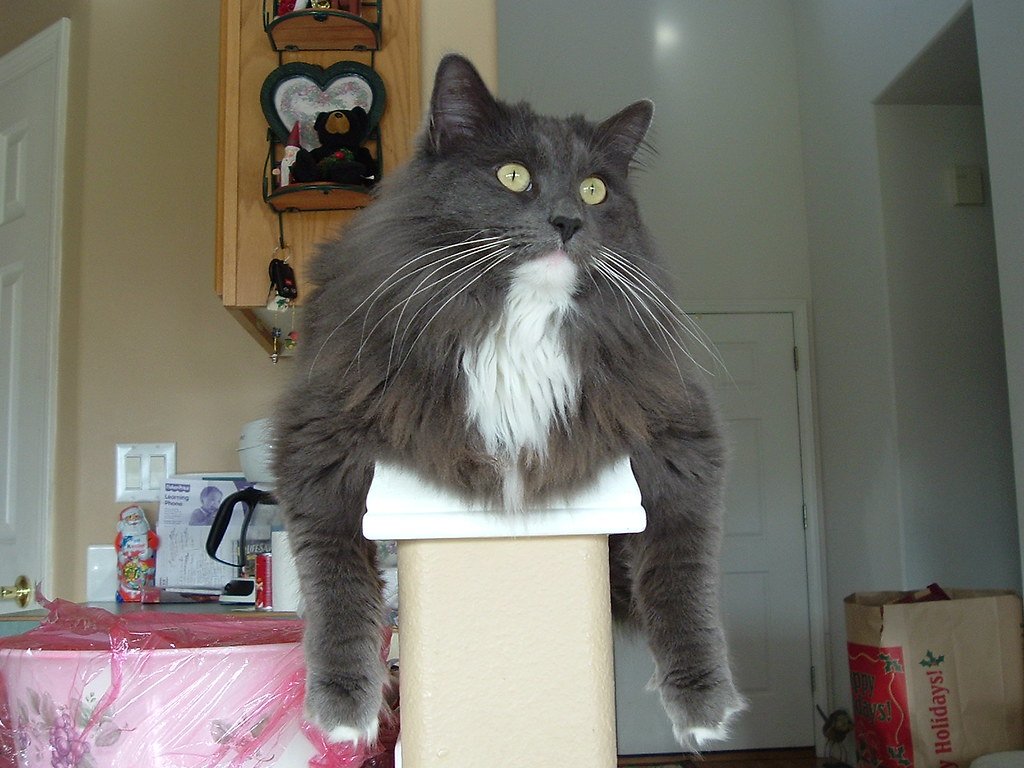
Cats feel safest when they have high perches or cozy hideouts to retreat to. Owners who don’t provide these options may leave their feline friends feeling exposed and anxious. In the wild, cats climb to escape threats and watch their territory. Without shelves, cat trees, or boxes, they can’t satisfy this natural urge.
Creating vertical spaces or adding hiding spots is an easy way to boost your cat’s confidence. Even a simple cardboard box or blanket fort can make a huge difference. Imagine having no bedroom door to close when you need a break—everyone needs a place to unwind, cats included.
Bringing Home Strange Animals or Guests Unexpectedly
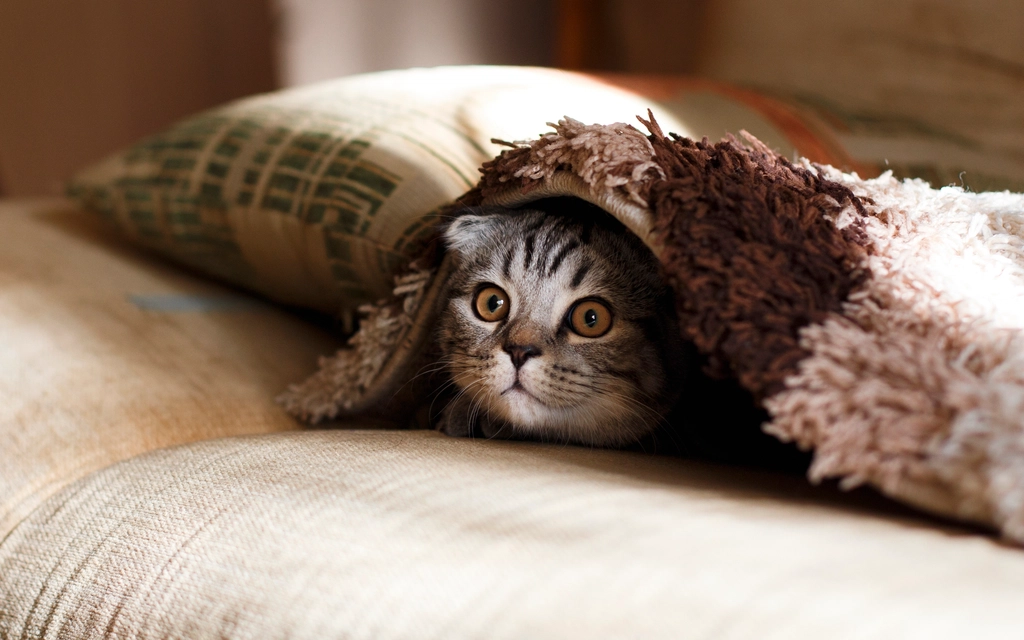
A sudden parade of visitors or new pets can send a cat’s stress levels soaring. Cats are territorial, and unfamiliar scents or noises can make them feel like their home is under invasion. Owners who frequently bring over guests or adopt new pets without preparation might find their cat hiding or acting out.
Introducing new people or animals slowly, and giving your cat a safe retreat, helps ease the transition. Let your cat get used to new scents and voices from a distance before expecting them to interact. Think of how you’d feel if a stranger moved into your house without warning—it’s unsettling, to say the least.
Cats may seem independent, but they’re deeply sensitive to their environment—and to your behavior. Even well-meaning habits like loud cleaning, constant petting, or sudden changes in routine can cause them stress. Recognizing what unsettles your cat is the first step toward creating a calmer, more trusting bond. By adjusting your approach and respecting their boundaries, you help your cat feel safe, understood, and truly at home. In return, you’ll gain a more relaxed, affectionate, and confident feline companion—on their terms, of course.

Linnea is a born and bred Swede but spends as much time as possible in Cape Town, South Africa. This is mainly due to Cape Town’s extraordinary scenery, wildlife, and atmosphere (in other words, because Cape Town is heaven on earth.) That being said, Sweden’s majestic forests forever hold a special place in her heart. Linnea spends as much time as she can close to the ocean collecting sea shells or in the park admiring puppies.

